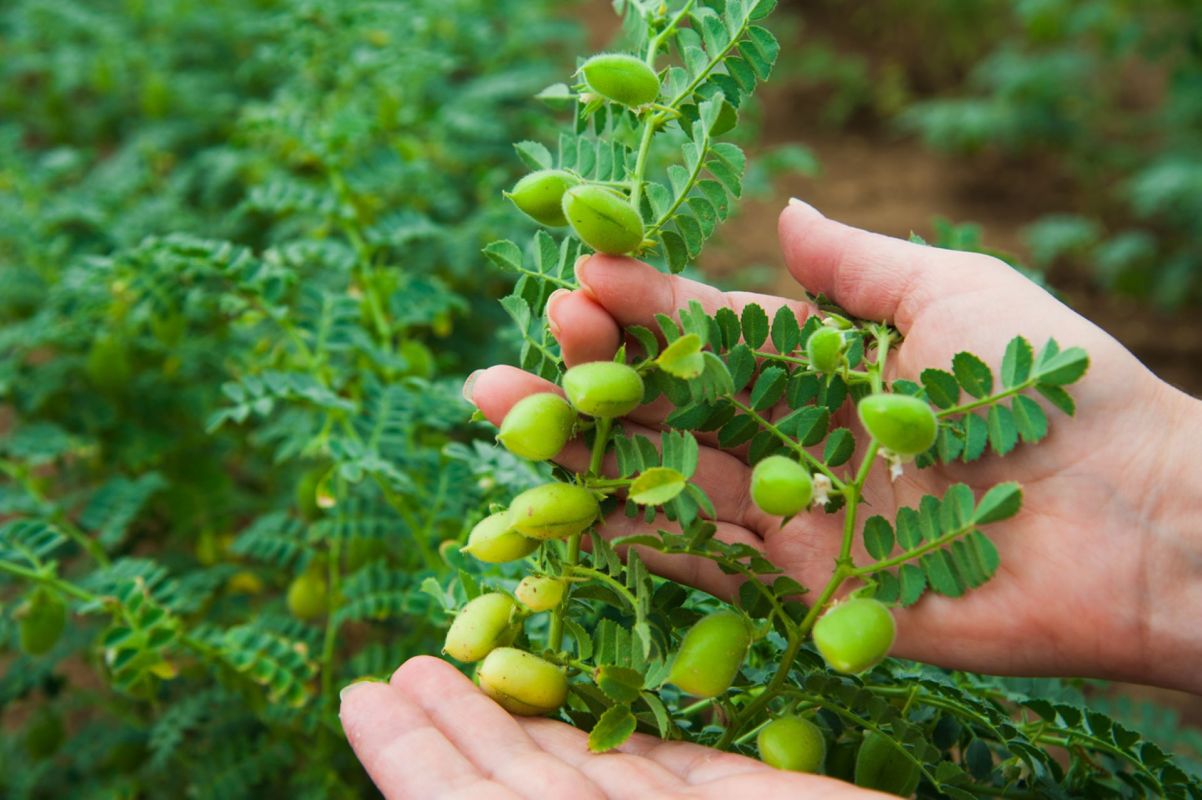Researchers from the International Crops Research Institute for the Semi-Arid Tropics and the University of Western Australia have discovered genes in chickpeas that would allow them to grow in areas affected by drought and heat.
The study, conducted in 2019, identified genes that "can help crops tolerate temperatures up to 38 degrees Celsius [100.4 degrees Fahrenheit] and provide higher yields."
It's a crucial development, as chickpeas — also known as garbanzo beans — are the third most grown grain legume globally. It's a staple in Mediterranean and Middle Eastern cuisines and has seen a rise in popularity with more people turning to plant-based diets.
However, the researchers noted that drought and heat can reduce chickpea crop yields by over 70% — a figure that could potentially climb given the rising temperatures across the world.
The findings are part of a larger movement in the agriculture sector in which scientists are trying to develop climate-proof fruits and vegetables through genetic modification.
After all, the European Union's Copernicus Climate Change Service just announced that this past November marked the sixth consecutive month for record-breaking global temperatures, officially making 2023 the warmest year since the organization started recording data in 1940.
India, which experienced severe heat waves that reached 120 degrees Fahrenheit last year, would benefit from a drought- and heat-tolerant chickpea species, as it accounted for 75% of the world's production in 2021, per the Food and Agriculture Organization of the United Nations.
While figuring out how to reverse the overheating of the planet remains the primary concern, this research at least provides a way to prepare for the current trajectory of rising temperatures.
"This is a significant breakthrough," Kadambot Siddique, a professor at UWA's Institute of Agriculture who was part of the study, said. "Achieving food security and sustainability for the future is highly important and the results of this study will help Australian and global chickpea breeders develop climate-ready chickpea varieties with improved yield, drought and heat stress tolerance."
Join our free newsletter for weekly updates on the coolest innovations improving our lives and saving our planet.









